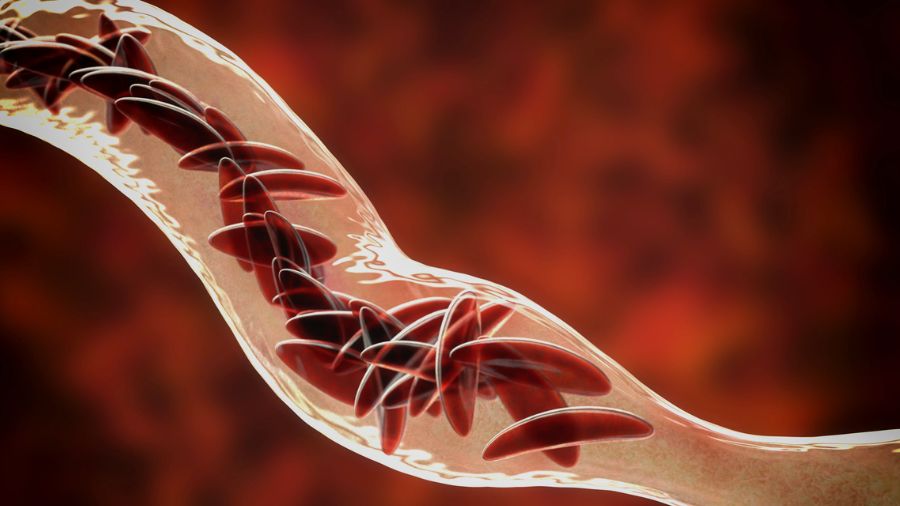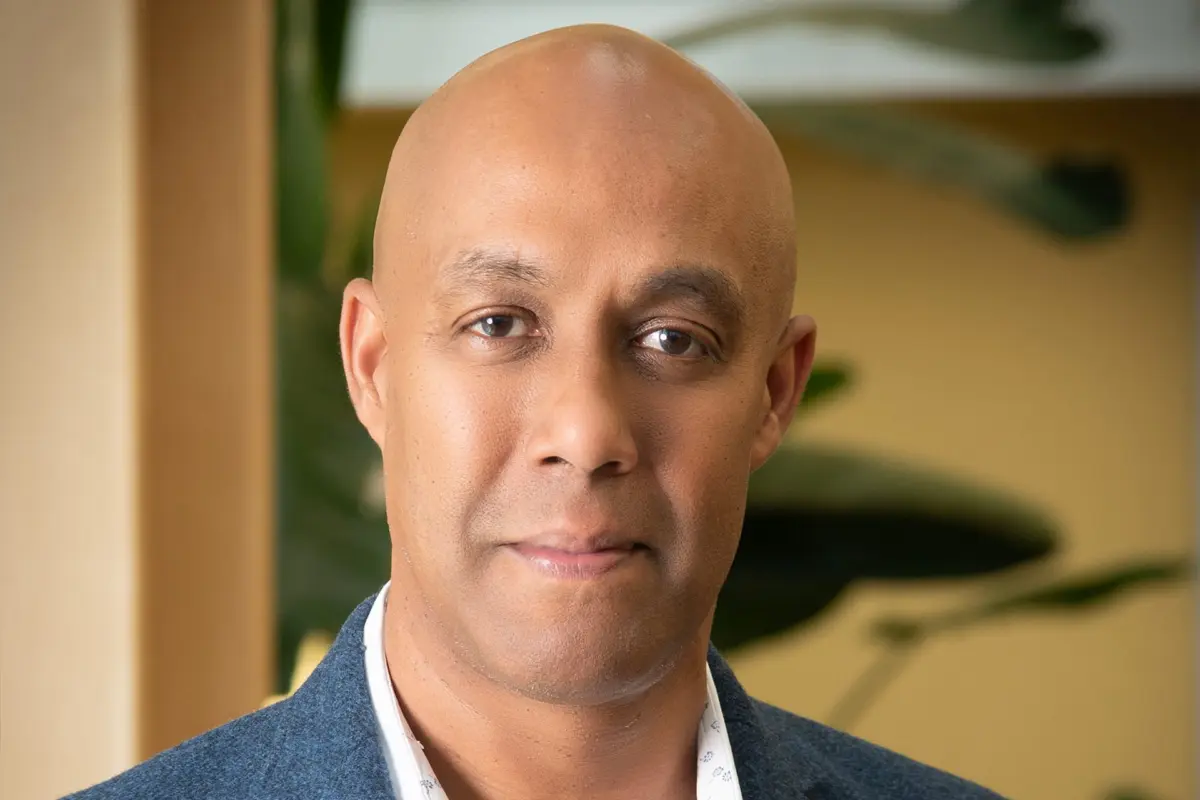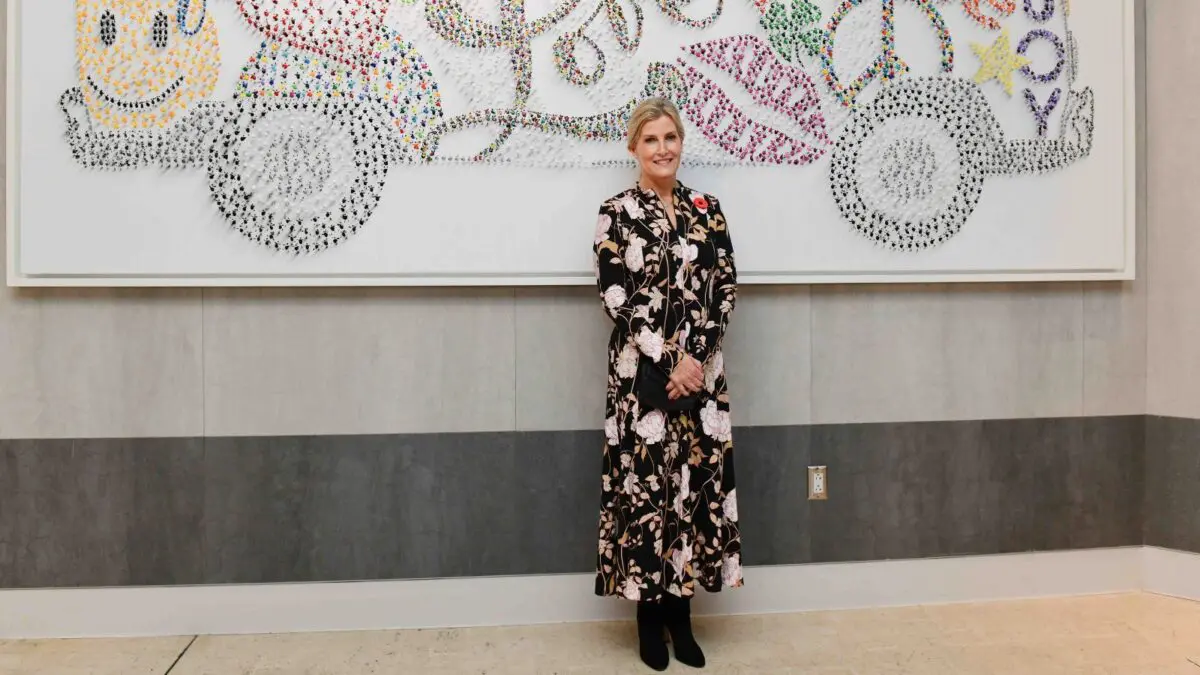In Type 1 diabetes the body’s own immune system attacks insulin-producing cells, resulting in a life-long dependence on insulin injections. Transplanting insulin-producing tissue has been an effective way to restore these beta cells that are under attack– increasing the likelihood of finding a possible cure for diabetes. But a shortage of donors and blood-flow limitations of the implants affect transplant success.
This research being conducted by Dr. Nostro and her team, Dr. Vasconcelos and Dr Derek van der Kooy, addresses both these factors by using stem cells to derive insulin-producing beta cells and then implanting those cells using a device that creates the ideal vascular conditions required for success.
“Over the past decade, discoveries in Dr. Nostro’s lab have led to enormous advancements in T1D research,” said Dave Prowten, President and CEO, JDRF Canada. “Research, like Dr. Nostro’s, offers the ability to generate insulin-producing cells in the lab and successfully transplant them – bringing us one step closer to finding a viable cure for diabetes.”
“This study is a key step towards creating a therapeutic product for T1D patients,” says Dr. Nostro, principal investigator, McEwen Centre for Regenerative Medicine. “Thanks to the continued support of JDRF, we are able to continue to explore potential alternatives and solutions for the treatment and care of patients living with T1D.”


